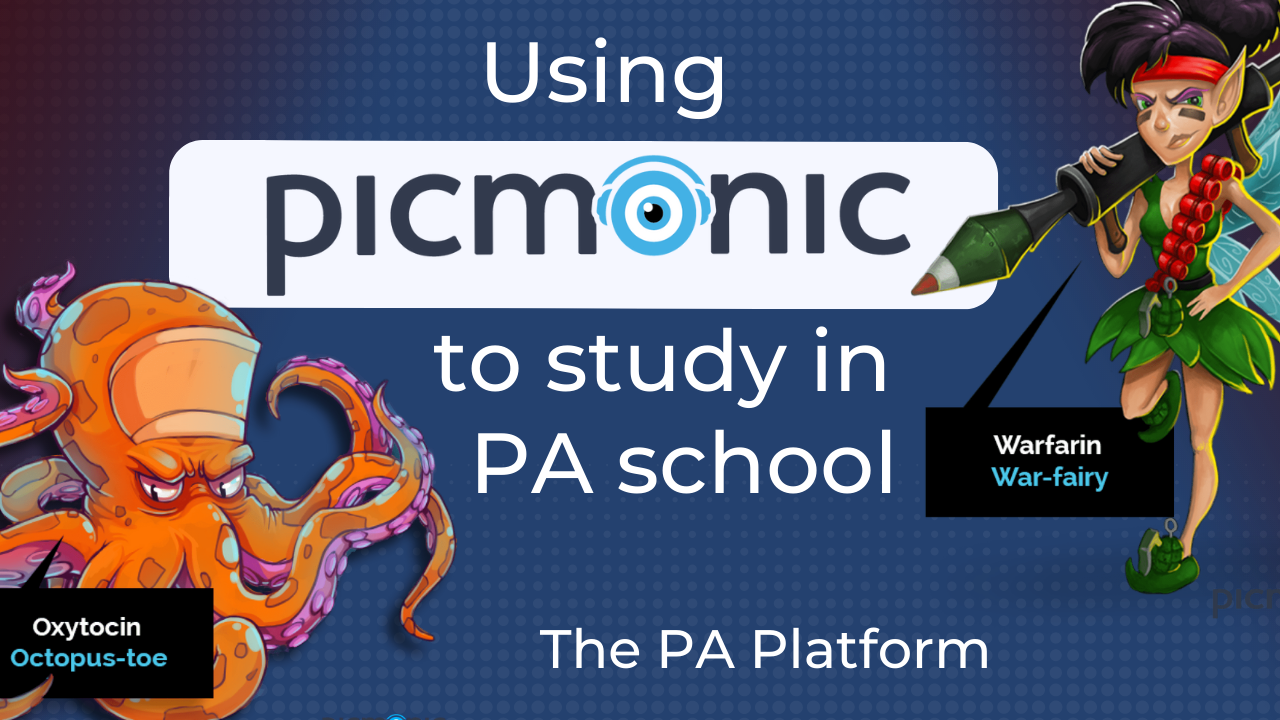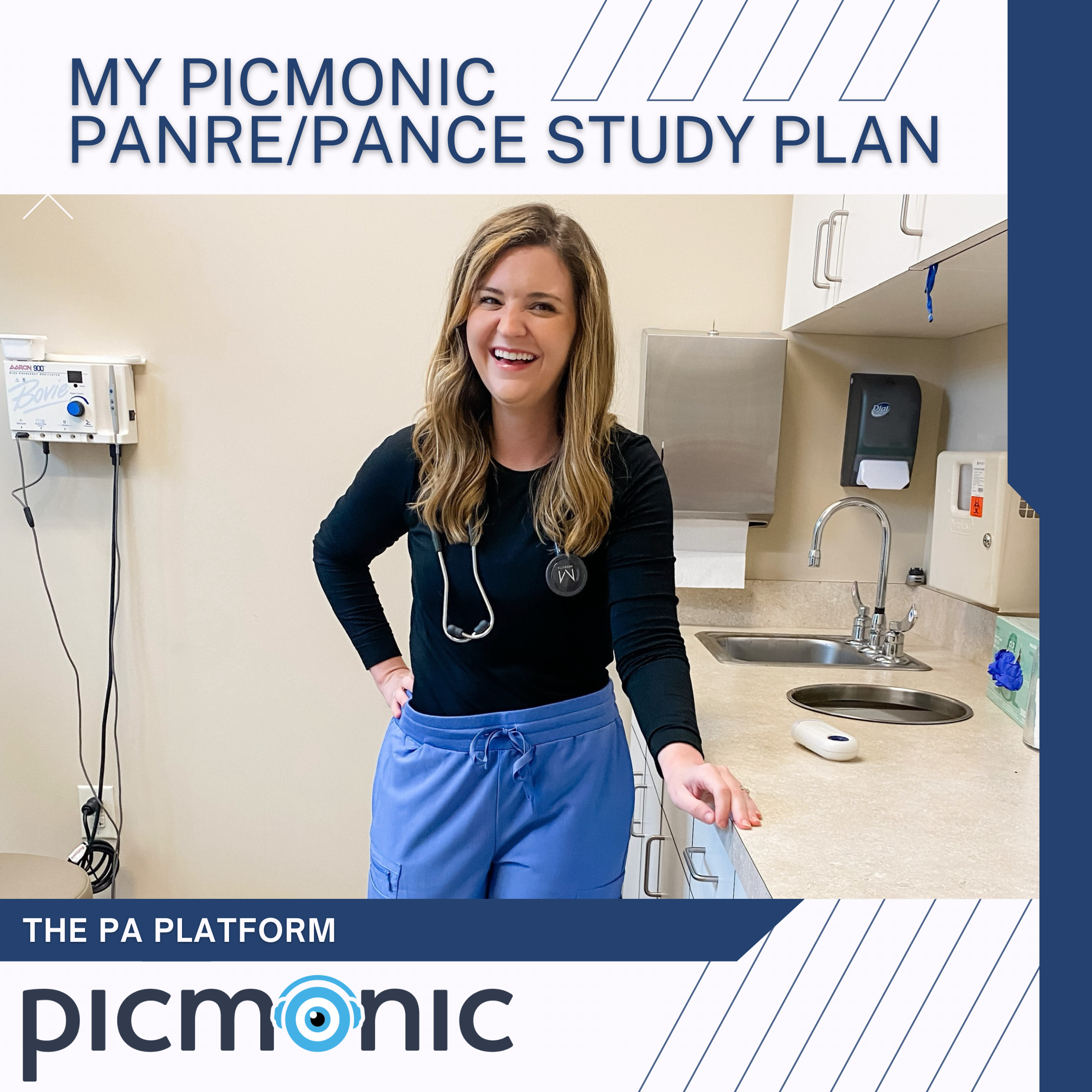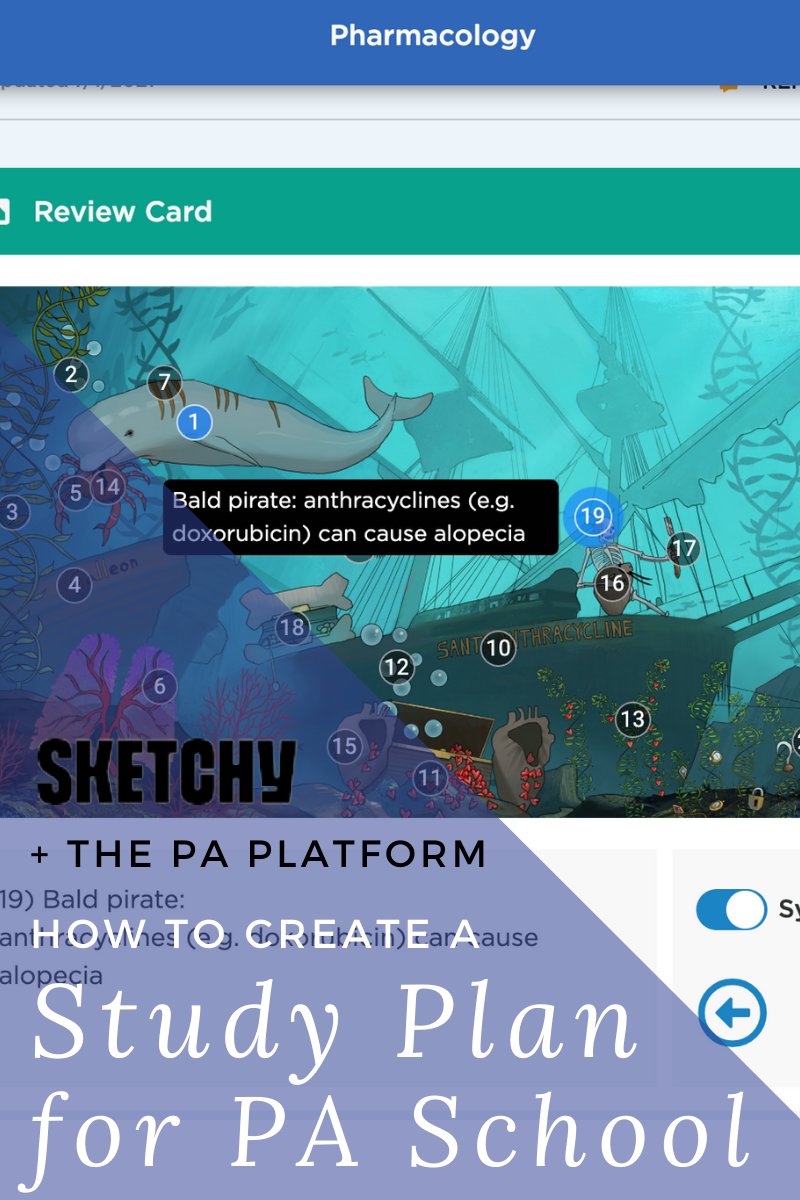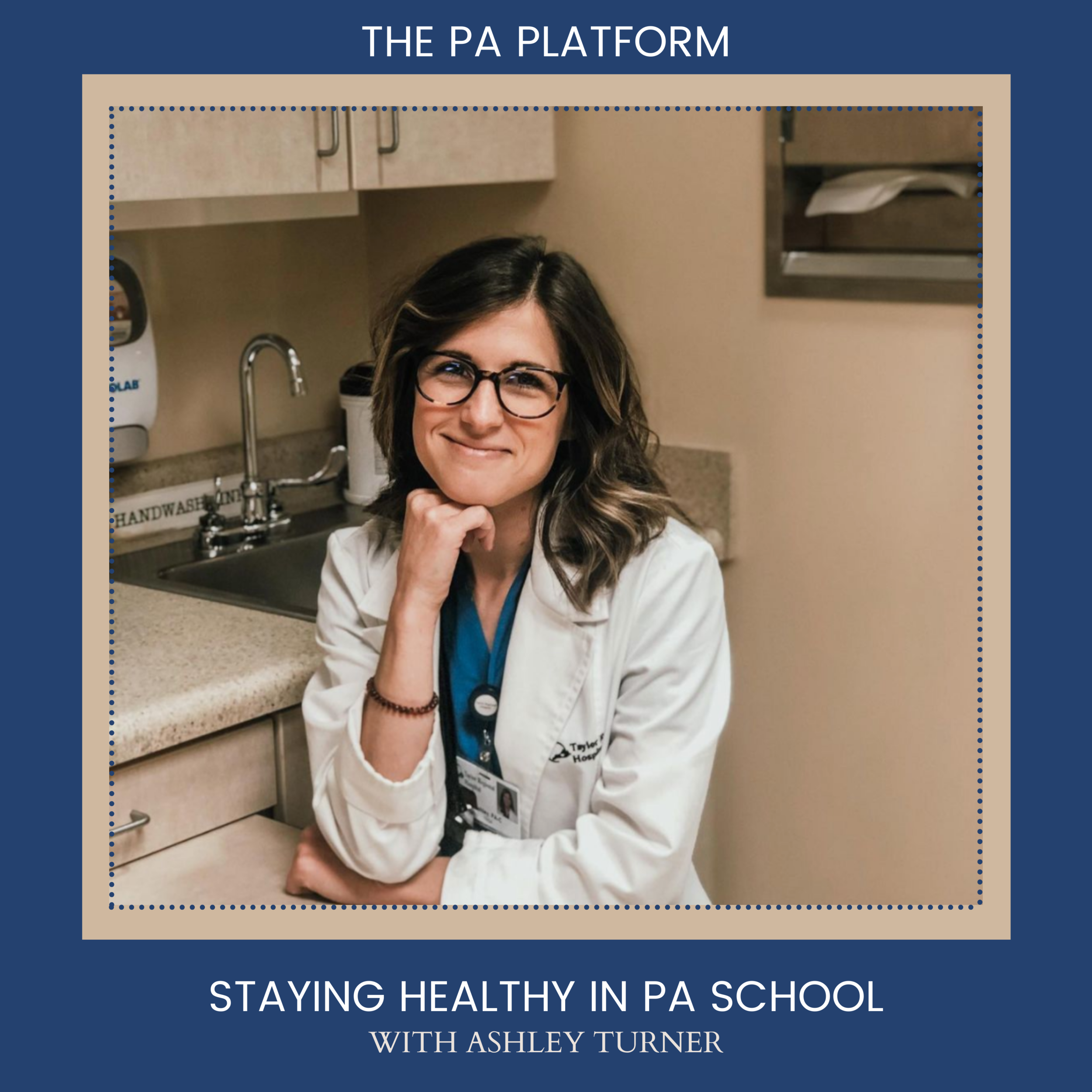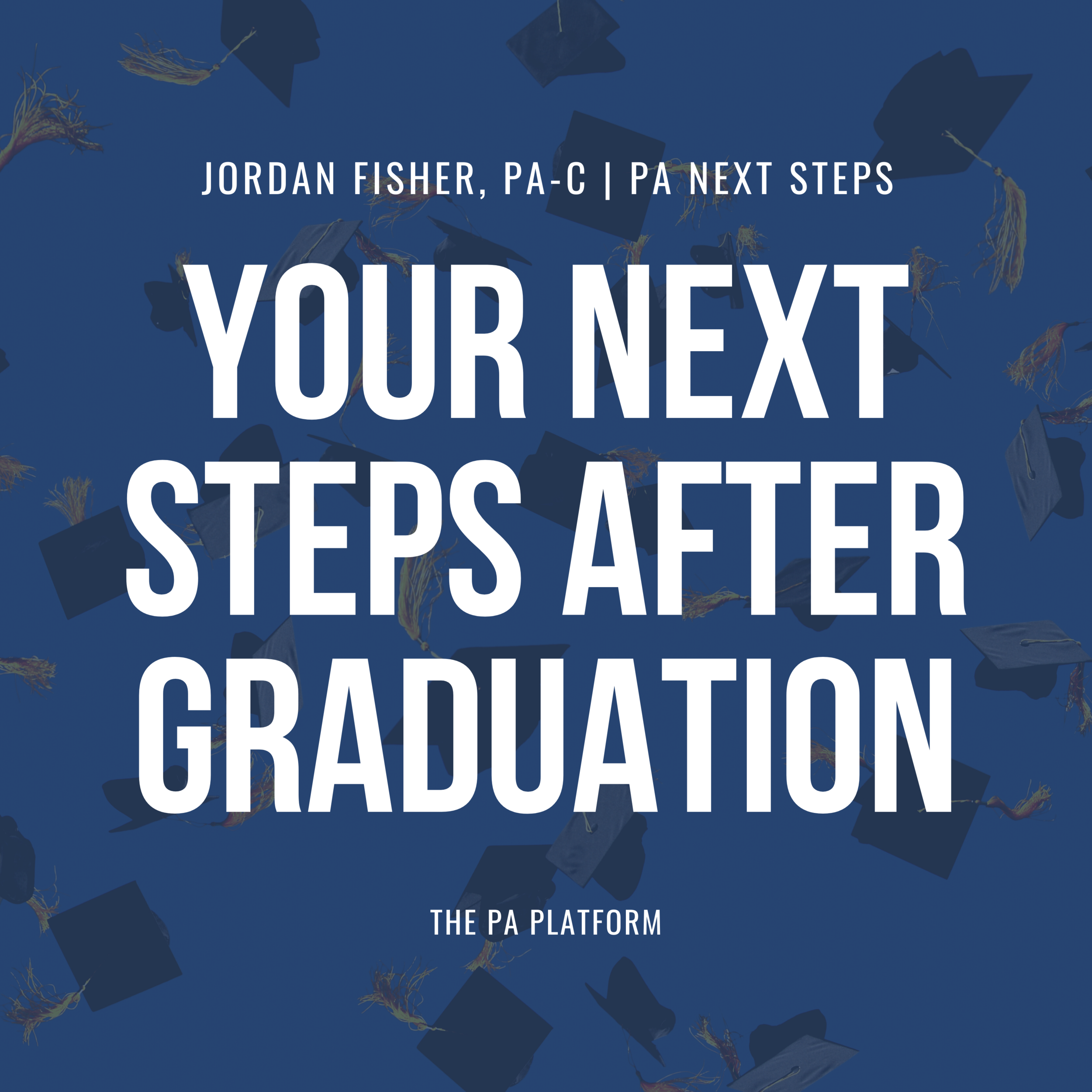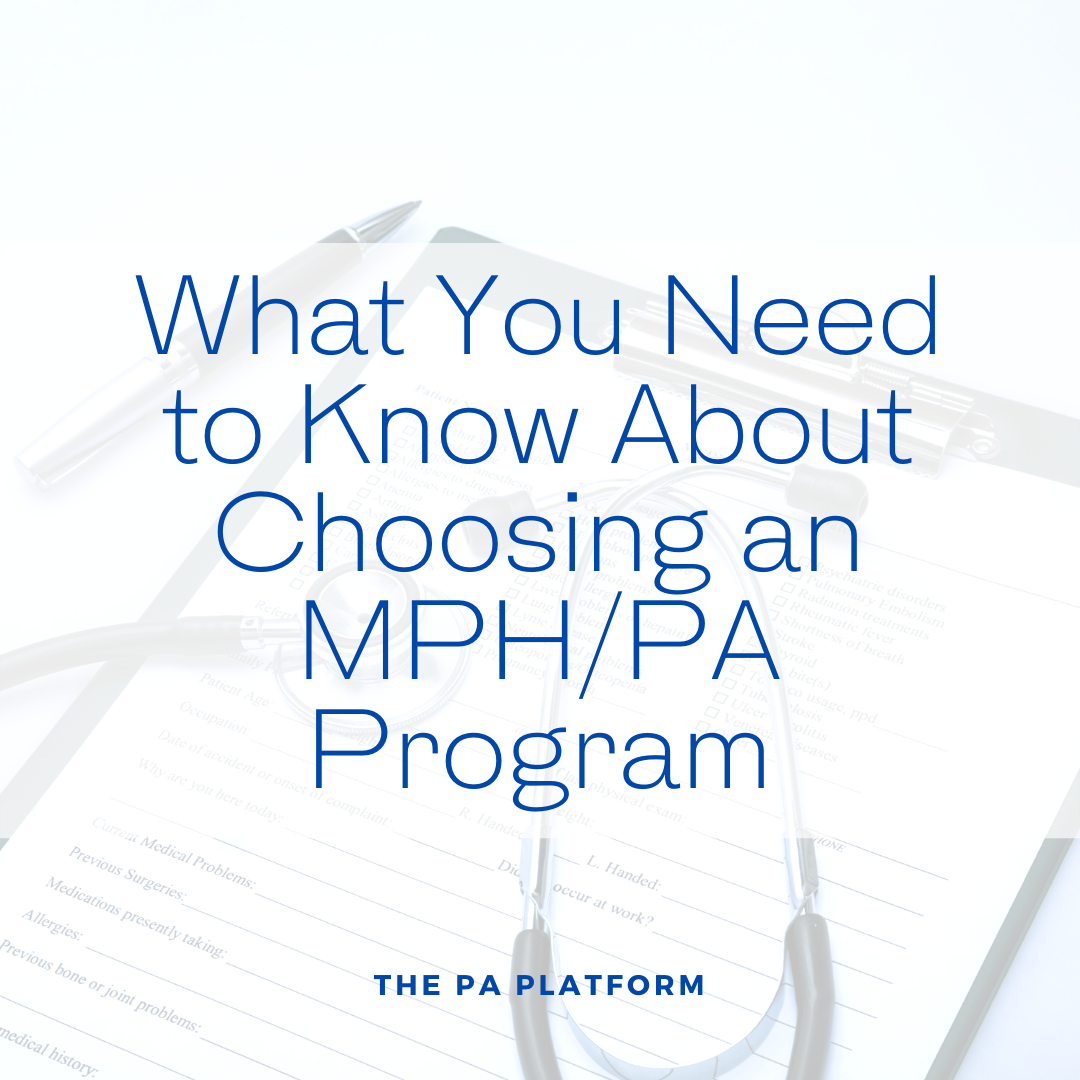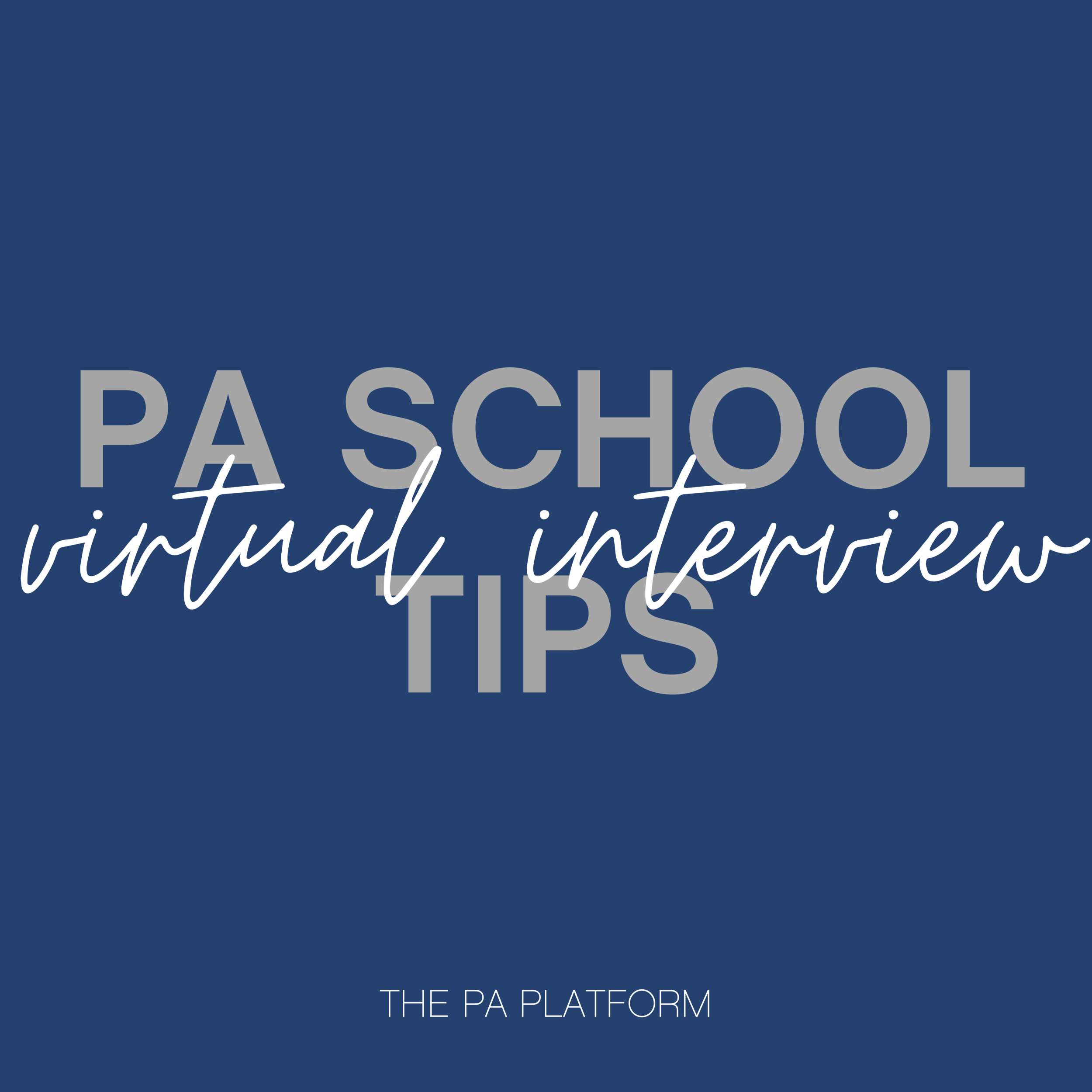What is the IPAP program?
The Interservice Physician Assistant Program is a program for members of the department of defense, all branches, to become a PA. It is accredited through the University of Nebraska's Medical Center and consists of a 16 month didactic period (phase 1) at Fort Sam Houston in San Antonio, TX. Upon graduation of Phase 1 students receive a bachelors degree. Phase 2 consists of a 12 month clinical rotation. The locations of clinical is dependent upon your service, but will most likely be at military treatment facilities. The Navy does their rotations in San Diego. Upon completion of phase 2, students graduate with a MPAS and are eligible to take the PANCE.
Who is eligible to apply?
The Navy and Marine Corps only accept active duty applicants. I believe the Army and Air Force allow reserves and national guard to apply. It is an Army run program, therefore the seats for Army and Air Force are greater in numbers. I think roughly the Navy and MC have 15-17 seats once a year and the Army and Air Force have ~30 seats three times a year.
What is the application process?
The first step is to apply on a LiasonCAS which is a system very similar to CASPA, where UNMC determines your eligibility to apply. The second half of the application is branch specific consisting of roughly the same things. They include a personal statement, letters of recommendation, a commanding officer's endorsement, review of military record, transcripts, possibly shadowing hours (Army/Air Force), and a few interviews with appraisal sheets.
What are the basic requirements?
Here are the basic requirements:
Chris also granted us permission to share his academic review from UNMC that has a clean look to it. The italics are not required.
What are the benefits of the IPAP program?
The benefits for IPAP are amazing. It has consistently been a top performing school (top 15 more or less) for the past 5 or so years. They have had if 100% very near it first time PANCE pass rate. If accepted into the program, not only is it free but you also get paid your current pay rate in the military during school along with all other benefits that come with being in the military (housing allowance, healthcare, ect). Once you graduate you become a commissioned officer which is another pay raise and your time in school also counts towards retirement from the military. Also, applicants to not need to posses a bachelors degree, nor take the GRE to apply. You just simply need the specific required prerequisites.
Are there any disadvantages?
The program, at least for the Navy, is very, very competitive. Even more competitive than civilian programs. I would highly discourage someone from joining the military just to get into this program. There are certain rank requirements to apply that may take a few years to get there as well as other things that would make you competitive like leadership/deployments/awards that will take years to accumulate. In the Navy there is only one time a year that you can apply so not getting accepted puts you on hold for a whole other year.
How long is the program?
16 month didactic phase in San Antonio (Phase 1) and a 12 month clinical rotation phase in various locations dependent on your branch of service, usually MTFs (Phase 2).
What made you stand out to gain acceptance?
The biggest things that board members look at are grades, SAT scores, personal statement (why you want to be a PA), and interview appraisals. So make sure those are all top notch to stand out. I stood out by having sustained superior performance on my annual evaluations for work as well as dedicating down time and off time to do some shadowing/OJT with family practice and the ED. I also work in the OR so that helps. Leadership helped me, being in charge of X amount of people or running different programs, like being a BLS program coordinator and instructor. My previous duty stations to include being deployed with the Marines. (Side note, PAs in the military are one of the most deployed medical assets to include deployments with the Army, Marines and on ships. Board members also want well rounded individuals so extra curricular activities helped. I coach/play soccer and rugby and volunteer a lot with the boy scouts.)
What advice would you give someone who is interested in the IPAP program?
Again, do not join the military to try to get into the program. It would be much easier to get into a civilian program. If you already in the military then step out and start shadowing PAs in family practice, try and get into an OR, or shadow some people in specialty clinics. The best resource a person can have trying to get into this program is to get in contact with someone that has gone through the program. There are facebook pages out there that have a ton of information on them about specific branch requirements, down to the tiniest details, and full with people that are willing and wanting to help. If anyone wants more information about the program or where to find more resources or specific questions I authorize you to give out my email to people and they can contact me.
Bonus note-this link will take you to the IPAP website operated by the Army where you can find things like the school's mission statement, goals, curriculum, past PANCE rates, and other helpful links.






